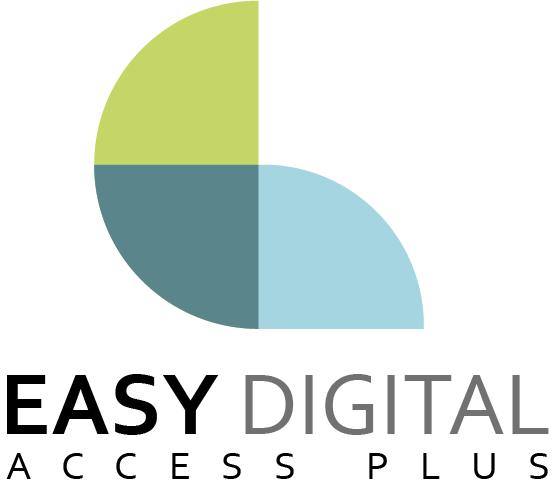Itinerary to Easy Inclusive Access to Education in the Digital Environment
Easy Digital Access+ is an European small-scale partnership in adult education project implemented under the Erasmus+ programme, with the main goal to provide disadvantaged groups of people with easy access to digital knowledge, which supports their performance and their participation in education in digital environments to improve their social and economic situation.

Main Objectives
- Develop a training itinerary and design digital upskilling processes with relevant content and protocols for development, implementation and monitoring
- Facilitate access to training in digital relationships with public administration so that people from the target groups can make more effective use of different forms of support to improve their social inclusion situation
- Test the training itinerary in the different countries of the consortium and analyse its effectiveness in order to create a Catalogue of Good Practices and Best Available Techniques with the potential for transferability
- Enable access to and increase the use of online and digital forms of learning for adults who lack prior digital skills
- Ensure equal opportunities, inclusion and quality of training for all through the design of educational tools

- Create a transnational network that serves as an observatory for the project and ensures the dissemination of results and the exchange of good practices
Target Groups
Adults with inclusion difficulties due to their unemployment situation, economic problems, age and lack of knowledge of digital environments, who need:
- Use electronic access to support schemes and information provided by the public administration, due to the implementation of digitisation policies and the transition of interaction with the public administration in digital form
- Update their digital skills to receive online training to improve their inclusion in the labor market and expand their lifelong learning opportunities
- Raise their awareness of eco-efficiency and European citizenship through digital tools
In general, the largest group of potential end-beneficiaries is made up of unemployed women aged between 30 and 60 with little or no knowledge of digital devices and/or the digital environment, the long-term unemployed, and adults in general with difficulties due to a lack of digital knowledge and skills.




